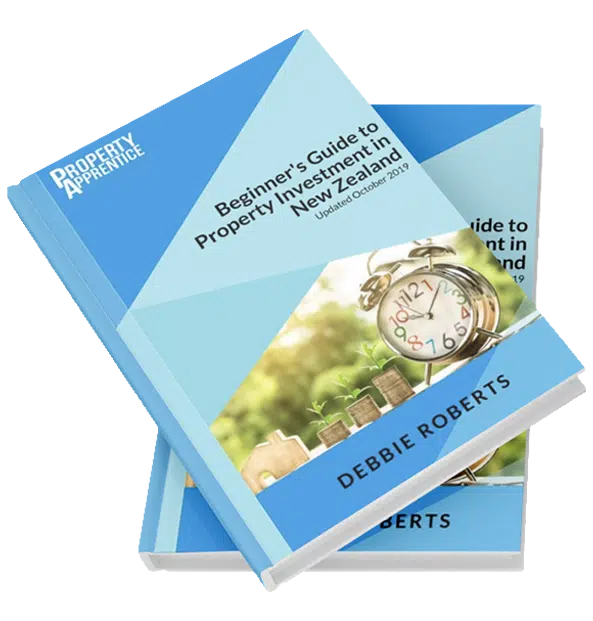1.) Trade Me reports a rise in room listings, but demand declines
According to Trade Me Property, there’s been a notable increase in rooms available for rent across major centers, yet fewer potential flatmates are interested. Nationally, the number of “flatmates wanted” ads has risen by 18% compared to last year, with Auckland seeing a 38% increase, Christchurch 26%, and Wellington City 5%. However, online queries for these rooms have dropped by 57% nationally, with Christchurch experiencing the largest demand drop at 67%, followed by Auckland at 63% and Wellington City at 62%. Several factors contribute to this trend, including a record number of young people leaving New Zealand for better opportunities overseas and more young New Zealanders opting to live with parents or relatives due to high living costs. In our opinion, winter typically sees lower tenant activity as most people avoid moving during rainy seasons. However, we expect an uptick in interest come spring, making this a seasonal issue rather than a long-term trend.

2.) Major bank lowers its house price growth prediction
Westpac has revised its house price growth forecast for this year, predicting a 2.1% increase instead of the previously anticipated 5.8%. This adjustment is due to sluggish market momentum post-election and high-interest rates from the Reserve Bank. Other banks, including ASB, ANZ, and BNZ, have also lowered their forecasts. Despite high interest rates, none of the banks predict a decrease in property values. High interest rates significantly impact people’s ability to secure mortgages, but we anticipate the Reserve Bank will lower the OCR before year-end, provided economic data supports it, which should boost market activity. It’s crucial to remain optimistic and prepared for these potential shifts in the market.
3.) Impact of July 1st changes to Auckland Fuel Tax, parental leave, and the Brightline test
Our third topic focuses on several changes starting from July 1st that will affect Auckland drivers, parents, and property owners. Paid parental leave will increase from $712.17 to $754.87 per week, and early childhood education tax credits up to $75 a week will be available. Additionally, the Auckland Regional Fuel Tax will end, providing some relief for drivers. For investment property owners, the Brightline test has been reduced to two years, meaning gains on properties sold within two years of purchase will be taxed, but not after three years. However, several councils are planning rate increases to address budget issues, which may offset some of these benefits. Brad Olsen, Chief Executive and Economist at Infometrics, notes that supporting new parents is crucial amid financial challenges. Rising costs and rate increases will continue to challenge households, keeping inflation high. Our take on this is that while these changes offer some relief, the overall economic environment will remain challenging due to continuous rising costs.
4.) Works hard, earns good money, still can’t afford a home
Many younger New Zealanders are frustrated by the housing crisis, feeling the country’s social contract has been breached. The affordability challenge has intensified, with multi-generational households becoming more common. Experts highlight delays in financial independence among young adults, leading to prolonged stays with parents. Starting financial planning early is crucial, and KiwiSaver can play a significant role in helping first-home buyers. Staying with parents longer can aid in saving for a deposit. Learning how to manage money effectively is vital in these times. We firmly believe that young people should not be disheartened by the negative media coverage. With the right financial strategies and support, achieving home ownership is still possible.
5.) What to think about when reading your annual KiwiSaver statement according to the Chief Economist at the Financial Markets Authority
Stuart Johnson, Chief Economist at the Financial Markets Authority, stresses the need to assess KiwiSaver annual statements carefully. These statements provide insights into contributions, balances, investment returns, and fees. Understanding the total returns and evaluating fees is crucial for assessing the effectiveness of your KiwiSaver investment. Engaging proactively with your KiwiSaver statements to optimize retirement savings is essential. If you need help, consider consulting an independent KiwiSaver adviser. At Property Apprentice, we offer this as part of our services, ensuring our clients are well-informed and making the best financial decisions for their future.
If you’re interested in learning more about property investing, join one of our free events. We’ll discuss strategies for successful investing from our perspective as experienced property investors and financial advisors. Our events are available live, online, or in person at our office in Ellerslie, Auckland. Visit www.propertyapprentice.co.nz to register. If you’ve already attended one of our events and want to learn more about how we can help you achieve your financial goals, you can book a no-obligation phone call or meeting with my husband, Paul Roberts, through this link.
